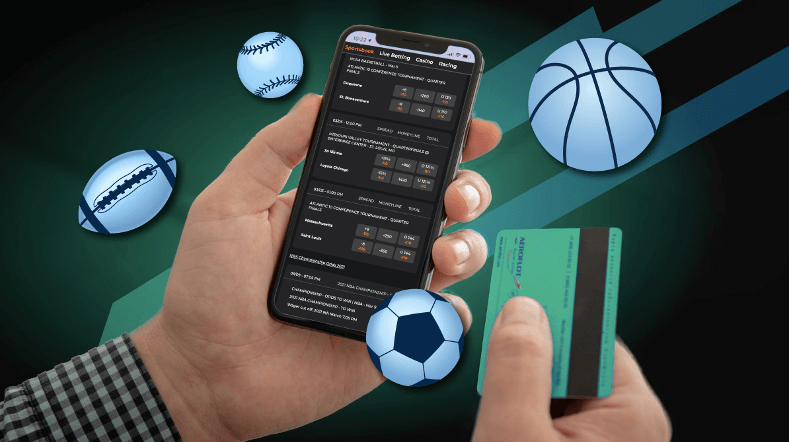
What Are the Best Security Measures for Online Safety?
In today’s increasingly interconnected world, understanding what constitutes the best security is more critical than ever. With cyber threats evolving and becoming more sophisticated, individuals and organizations must prioritize their security strategies. From the use of strong passwords to employing advanced encryption techniques, the options available to ensure safety are vast. For enthusiasts looking for a safe online experience, websites like What Are the Best Security Features for Bangladeshi Online Casino Apps? https://olymp-casino-uz.com/ show that prioritizing security can lead to safe gaming environments. In this article, we will explore various dimensions of security, highlighting best practices that can safeguard one’s digital life.
Understanding the Threat Landscape
Before delving into security measures, it is essential to understand the types of threats prevalent today. Cybercriminals deploy various tactics, such as phishing, malware, ransomware, and more, to exploit vulnerabilities. According to cybersecurity reports, phishing attacks have surged in recent years, targeting individuals and organizations alike. With this understanding, we can better appreciate the need for robust security practices.
Best Security Practices
1. Strong Passwords and Password Management
Creating strong, unique passwords for each account is one of the simplest yet most effective security measures. A robust password typically contains a combination of letters, numbers, and special characters, and is at least 12 characters long. Leveraging password managers can help users generate and store complex passwords securely, reducing the burden of remembering multiple passwords.
2. Two-Factor Authentication (2FA)
Two-Factor Authentication adds an additional layer of protection beyond just a username and password. By requiring a second form of verification—such as a text message or authentication app—2FA significantly reduces the risk of unauthorized access to accounts. Many popular services, including email providers and social media platforms, offer this feature, making it crucial to enable it wherever possible.
3. Regular Software Updates
Keeping software up to date is crucial for maintaining security. Developers frequently release updates that patch vulnerabilities exploited by cybercriminals. This applies not only to operating systems but also to applications and antivirus software. Users should enable automatic updates to ensure they are always running the latest versions.

4. Firewalls and Antivirus Software
Implementing a reputable firewall and antivirus software is essential for defending against malware and intrusive attacks. Firewalls act as barriers between your network and harmful traffic, while antivirus software actively scans for and eliminates threats. Both tools work together to enhance overall security, especially for businesses handling sensitive data.
5. Secure Wi-Fi Networks
Wi-Fi networks can serve as gateways for cybercriminals if not properly secured. To enhance your security, change the default router settings, use strong, complex passwords for Wi-Fi access, and enable WPA3 encryption if available. Public Wi-Fi networks are notoriously unsafe; using a Virtual Private Network (VPN) can help protect your data when connecting to these networks.
Data Privacy and Encryption
Data security also encompasses privacy measures. Organizations, in particular, must comply with regulations such as the General Data Protection Regulation (GDPR) to protect user data. Implementing encryption solutions can secure sensitive information by converting it into unreadable formats unless decrypted with the right key. This practice is especially vital for businesses that deal with payment information or personal data.
Social Media Security
Social media platforms can be a breeding ground for security vulnerabilities, often exploited by cybercriminals for phishing and identity theft. Users should be cautious about sharing personal information online, adjust privacy settings to limit the audience for their posts, and be wary of unsolicited messages or friend requests. Regular monitoring of account activity can also help catch any unauthorized access.
Education and Awareness
Last but not least, educating oneself and employees about cyber threats and safe practices is crucial. Regular training sessions can help raise awareness about the latest security trends and the human element of cybersecurity. Understanding how to recognize phishing attempts and other deceptive tactics can significantly reduce vulnerability to attacks.
Conclusion
As cybersecurity threats continue to evolve, staying informed and implementing the best security practices is essential for protecting your digital assets and personal information. By creating strong passwords, employing two-factor authentication, regularly updating software, and being vigilant about privacy, individuals and organizations can greatly enhance their security posture. In an age where cyber threats loom large, adopting a proactive approach to security is not just advisable—it is imperative.
